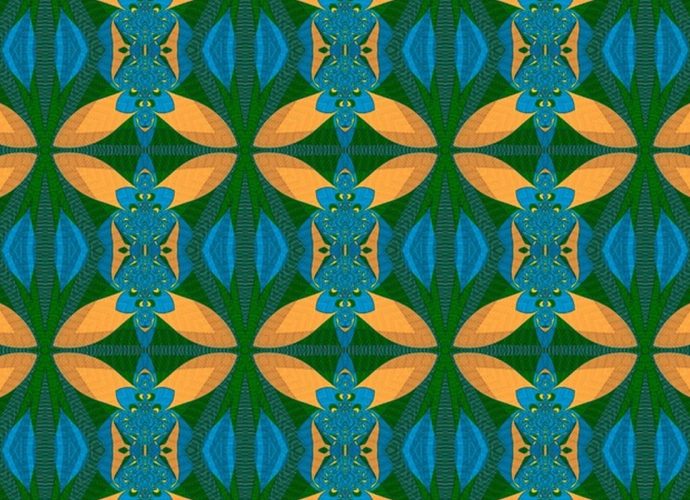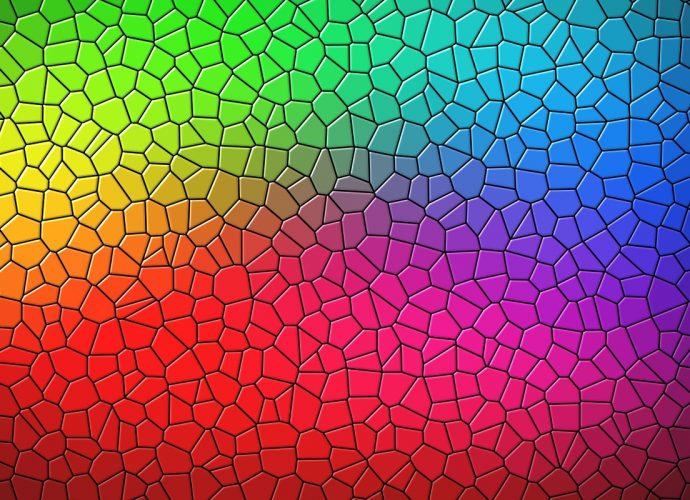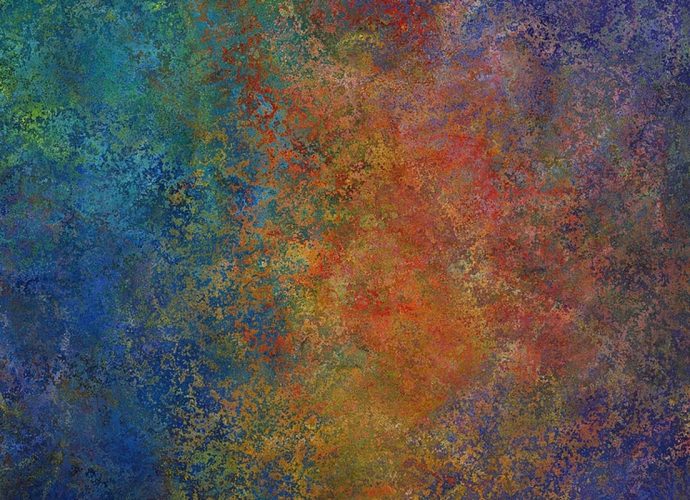What Is An Example Of Constructive Criticism?
Constructive criticism should be viewed as useful feedback that can help you improve yourself rather than put you down. When criticism is constructive it is usually easier to accept, even if it still hurts a little. In either scenario always try to remember that you can use criticism to yourRead More →





